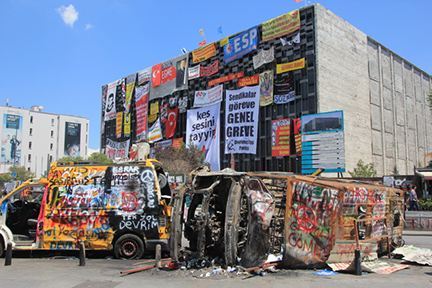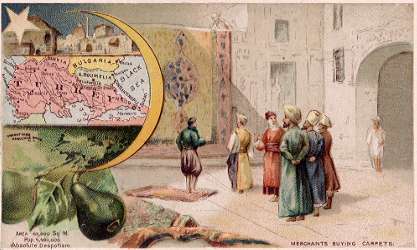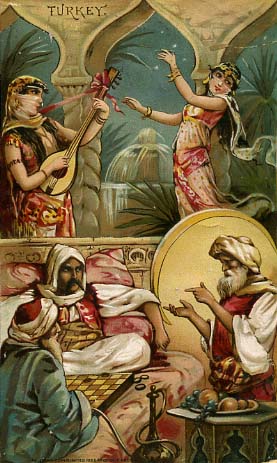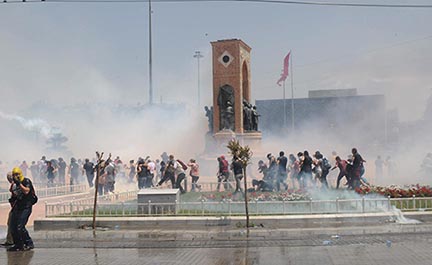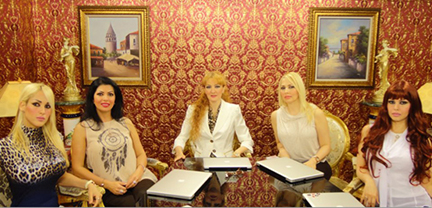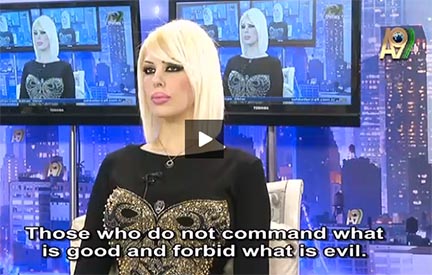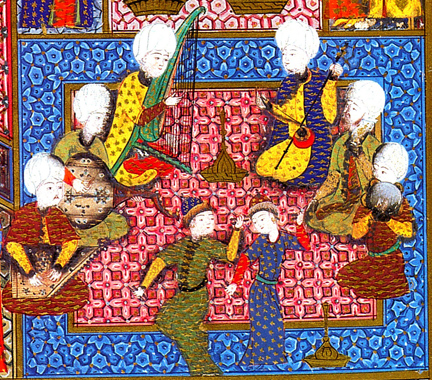by Nilufer Gole, Open Democracy, June 11, 2013
“Respect†has become a new slogan tagged on walls all over the cities, and expressing the need for a return to civility and call for politeness in Turkish public life. Gezi occupation reveals to us all, how “public square†becomes literally vital for our democracies.
Over the past week, protest movements have spread across Turkey’s largest cities, and appear to become widespread urban uprisings. Despite often violent police intervention, people have not hesitated to take to the streets and block avenues, neighbourhoods, and their cities’ central spaces. Others participate from their balconies, with whole families chiming in to the protesters’ chorus, banging on pots and pans. They have found pacifist means of protest that require no arms or political slogans to express their discontent and frustrations with the Erdogan regime.
This urban movement, started by young people, supported by the middle classes and featuring a strong female presence, has not weakened in the face of impressive displays of force by riot police who use tear gas without hesitation. Clouds of gas cover the sky in town centres, making breathing difficult; but these clouds, symbols of pollution and the abuse of power, have only bolstered the anger of ordinary citizens.
The public sphere has been suffocating for some time in Turkey. Restrictions on freedom of expression and the crackdown on the opposition, particularly journalists who have lost their jobs and the mass media which has changed its editorial line, have put a muzzle on public discourse. The most recent protests in Taksim, which were not covered by the major television stations, are ample proof of this. Continue reading The Gezi Occupation: for a democracy of public spaces
